Life is the sum of all your choices
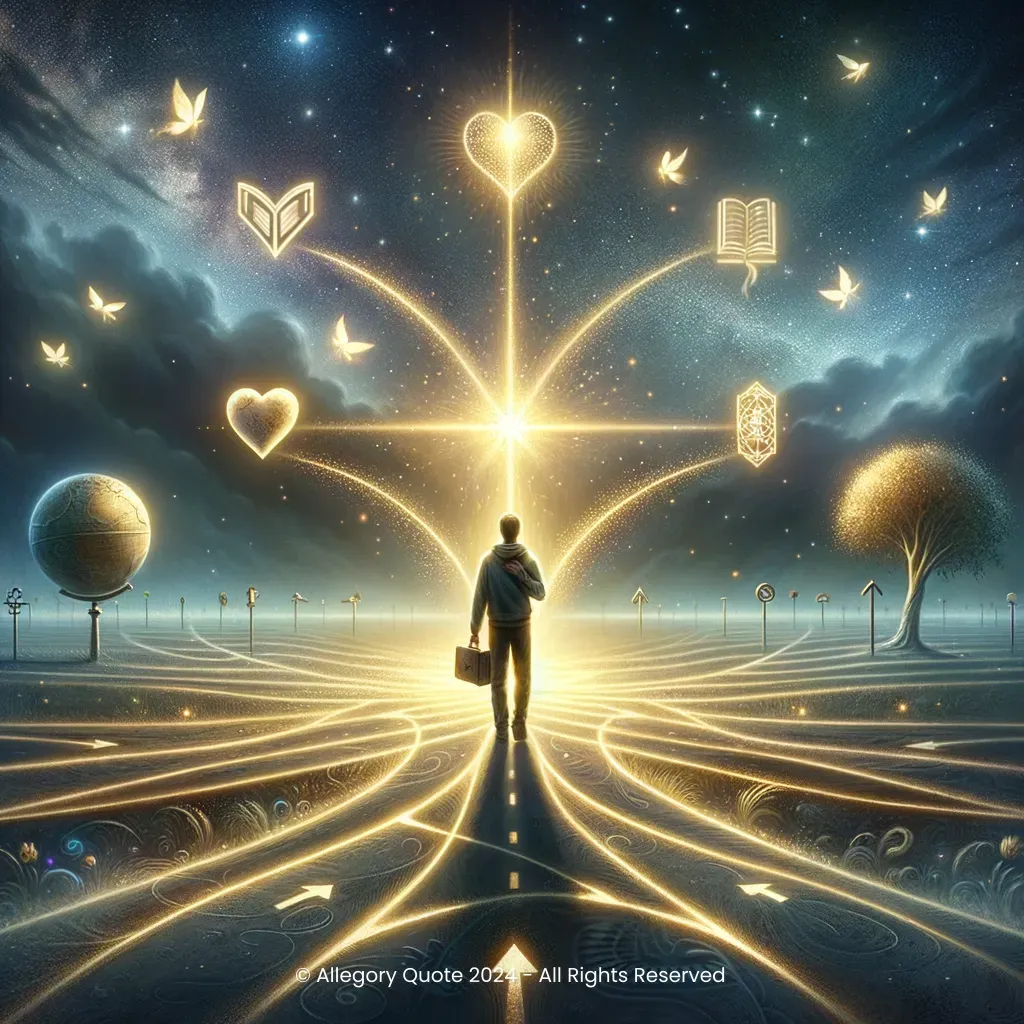
0
0
0
0
- Meaning
- This phrase delves into the essence of existentialist philosophy. Sartre's statement underscores the belief that our lives are shaped principally by the decisions we make. It emphasizes human freedom and the responsibility that comes with it. According to existentialism, we are not bound by a predetermined essence; instead, through our choices, we define who we are. This means that every action we take contributes to our personal identity and the overall course of our life. It's about having the awareness that our decisions have a cumulative effect on the trajectory of our existence.
- Allegory
- The crossroads represent the moment of choosing, which is central to the phrase. The warm light from within the figure symbolizes the inherent potential and freedom to decide. The various symbols on the paths (book, heart, globe, tree) represent major areas of life choice. The tapestry of silhouettes in the background illustrates how past decisions form the story of one's life. The luminescent butterflies highlight the far-reaching impacts of those choices, fluttering to show the continuing influence of past and present decisions. This visualization aligns with the idea that life is a continuous sum of our choices, each contributing to the narrative of our existence.
- Applicability
- Understanding this phrase can inspire individuals to take more conscious control over their decisions. It serves as a reminder that every choice, no matter how small, contributes to the larger picture of one's life. Applying this to daily life encourages mindfulness and thoughtful decision-making, recognizing that even seemingly minor actions can have significant impacts.
- Impact
- This phrase has had a profound impact on contemporary thinking about personal development and responsibility. It's often cited in discussions on philosophy, psychology, and self-help, reinforcing the importance of individual agency. Its influence extends to literature, education, and popular culture, promoting the mindset that individuals are architects of their own destiny.
- Historical Context
- The phrase originates from the early to mid-20th century, a period marked by significant philosophical discourse on existentialism. This was a time shortly after World War II, when Sartre's ideas gained prominence as people grappled with concepts of freedom, responsibility, and the meaning of life amidst the backdrop of war and its aftermath.
- Criticisms
- Criticisms of this phrase often stem from the debate about the extent of free will. Some argue that factors such as social environment, genetics, and uncontrollable life events also significantly shape our lives, suggesting that not everything is within our control. These critiques highlight the complexity of the interplay between choice and circumstance.
- Variations
- While the phrase itself is primarily associated with Western existentialist thought, the underlying message of the significance of personal choice is found across cultures. For instance, in Buddhism, the concept of karma suggests that one's actions impact their future, echoing the idea that what we do shapes our existence.
-

When the government fears the people, there is liberty. When the people fear the government, there is tyranny.
-
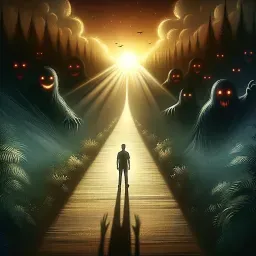
He who fights with monsters should be careful lest he thereby become a monster.
-
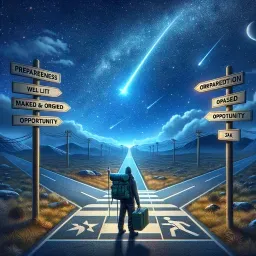
Luck is what happens when preparation meets opportunity.
-

Real knowledge is to know the extent of one's ignorance.
-
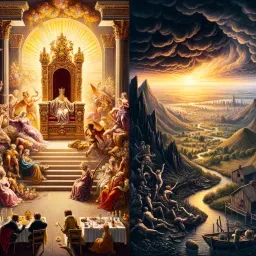
After me, the flood.
-

Living is not necessary, navigating is.
-
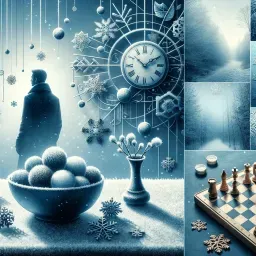
Revenge is a dish best served cold.
-

Man is condemned to be free; because once thrown into the world, he is responsible for everything he does.
-

I spent my whole life trying not to be careless. Women and children can afford to be careless, but not men.
-
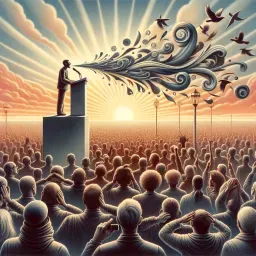
Freedom is the right to tell people what they do not want to hear.
No Comments